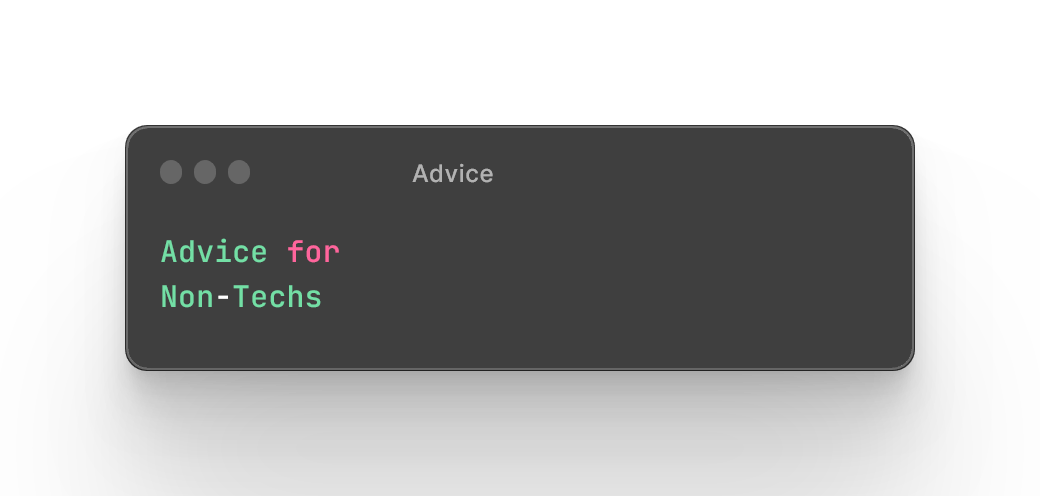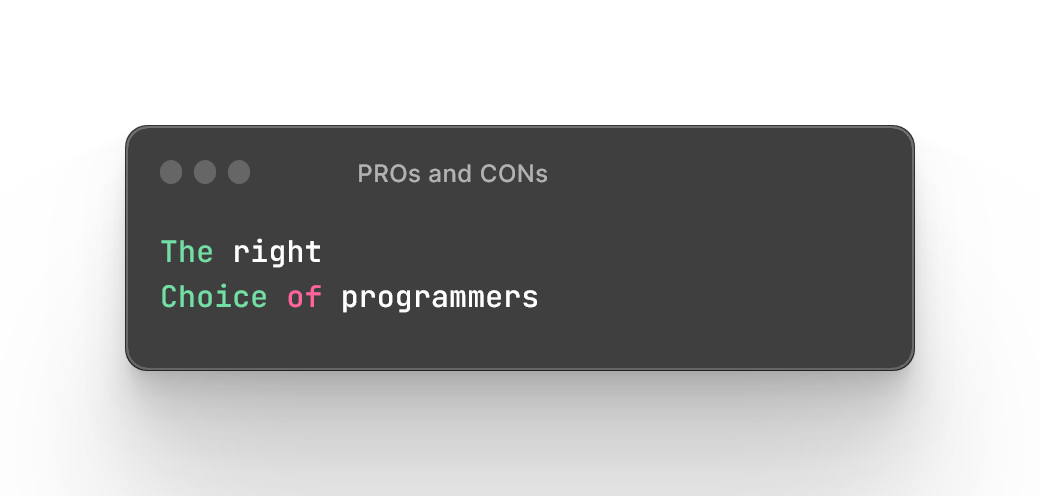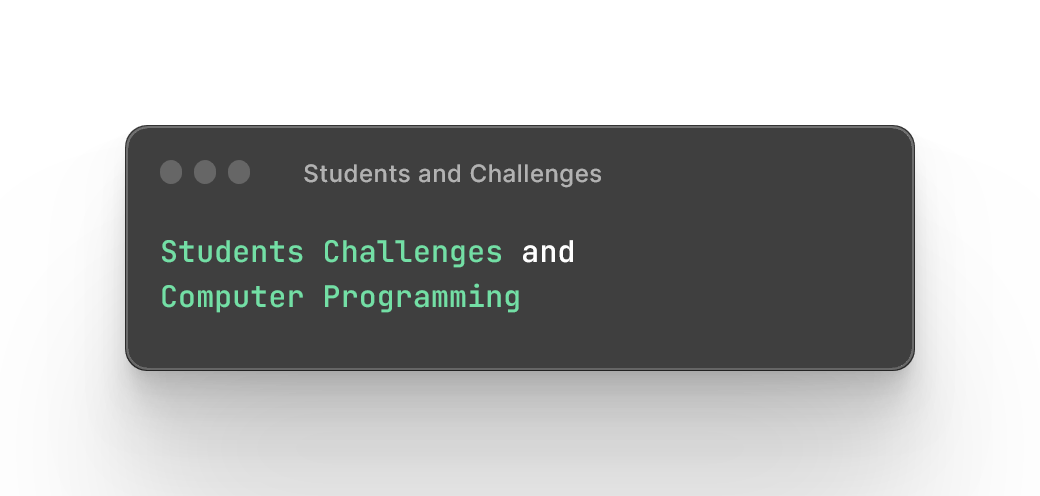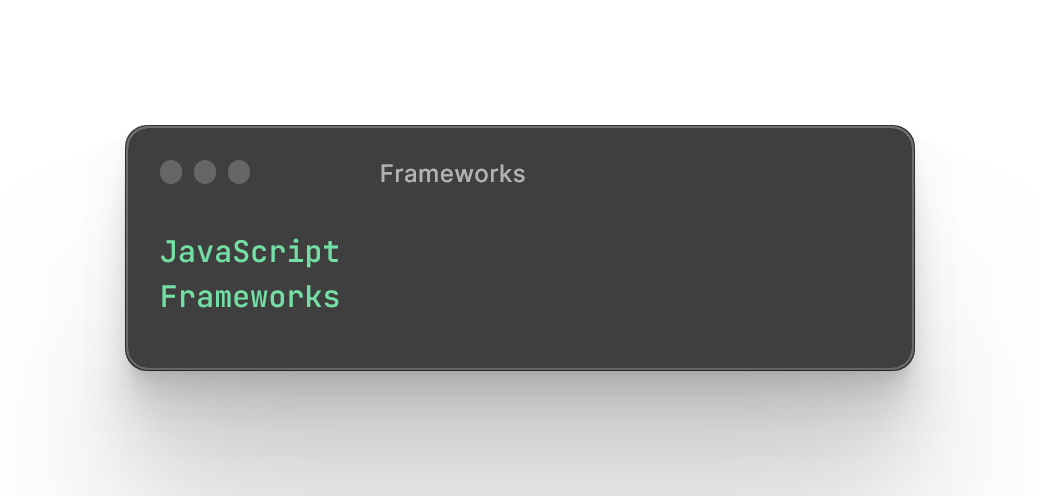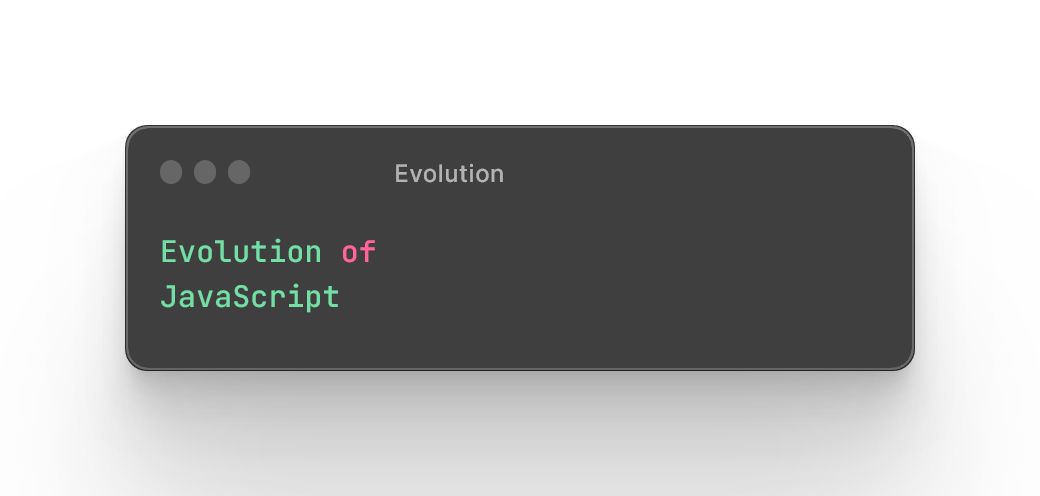
Artificial Intelligence (AI) has emerged as a transformative technology in recent years, revolutionizing various industries, including programming. The integration of AI into programming languages has opened up new possibilities and enhanced developers' capabilities. In this article, we explore the significant impact of AI in programming languages and the various ways it has transformed the development process.
Artificial Intelligence will reach human levels by around 2029.
- Ray Kurzweil
1. Enhanced Code Autocompletion and Suggestions
One of the most evident applications of AI in programming languages is seen in code autocompletion and intelligent suggestions. AI-powered tools analyze existing codebases, study developer patterns, and understand the context to offer relevant code completions as developers type. This feature not only saves time but also reduces the chances of syntax errors and enhances the overall coding experience.
Advanced AI models can even suggest optimized algorithms or alternative solutions, helping programmers write more efficient and cleaner code. With each iteration, these AI-powered tools improve, making the development process smoother and more efficient.
2. Code Generation and Refactoring
AI has enabled the development of code generation tools that can automatically produce code snippets for specific tasks. These tools understand the requirements and generate functional code, which developers can then modify as needed. This feature is especially useful for repetitive tasks, allowing programmers to focus on more complex aspects of the project.
Moreover, AI-powered refactoring tools help identify code segments that can be improved for better performance, readability, or maintainability. They can suggest appropriate refactoring options, making it easier for developers to optimize their code and keep it up to industry standards.
3. Bug Detection and Debugging
AI has significantly improved the way bugs are detected and debugged in programming languages. Traditional debugging techniques often involve manually tracing through code, which can be time-consuming and challenging for complex systems. AI-powered debugging tools, on the other hand, can analyze code, track down issues, and even suggest potential fixes automatically.
Machine learning algorithms can learn from historical bug-fixing patterns in open-source repositories and apply that knowledge to detect and fix similar issues in new projects. This ability to learn and adapt from vast amounts of data makes AI an invaluable asset in maintaining bug-free codebases.
4. Natural Language Processing (NLP) Interfaces
AI-powered natural language processing has made programming more accessible to non-programmers through NLP interfaces. These interfaces allow users to communicate with the programming language using natural language, reducing the learning curve for beginners and promoting collaboration between developers and domain experts.
NLP interfaces enable users to describe their intentions in plain English or other natural languages, and the AI-powered system translates those commands into the corresponding code. This democratization of programming opens up new opportunities for innovation and problem-solving.
5. Performance Optimization
AI can play a crucial role in optimizing the performance of applications written in programming languages. AI-powered systems can analyze code execution and identify performance bottlenecks, memory leaks, or other inefficiencies. They can then recommend code changes or configurations to enhance the application's performance.
Additionally, AI can predict the workload patterns and resource usage of applications, enabling developers to scale their applications efficiently and allocate resources more effectively. This proactive approach to performance optimization can lead to significant cost savings and improved user experiences.
6. Personalized Learning and Skill Enhancement
AI has the potential to transform how developers learn and enhance their programming skills. AI-powered learning platforms can analyze individual learning patterns, strengths, and weaknesses, and tailor learning materials to suit each programmer's needs. This personalized approach can accelerate the learning process and make it more engaging.
Furthermore, AI-powered code review systems can provide feedback on coding practices, security vulnerabilities, and best practices, helping developers continuously improve their skills and produce higher-quality code.
AI's integration into programming languages has brought about a paradigm shift in the software development landscape. From enhanced code autocompletion and bug detection to NLP interfaces and personalized learning, AI has made programming more efficient, accessible, and enjoyable for developers of all skill levels. As AI continues to evolve, we can expect further advancements and innovations that will continue to shape the future of programming languages.


